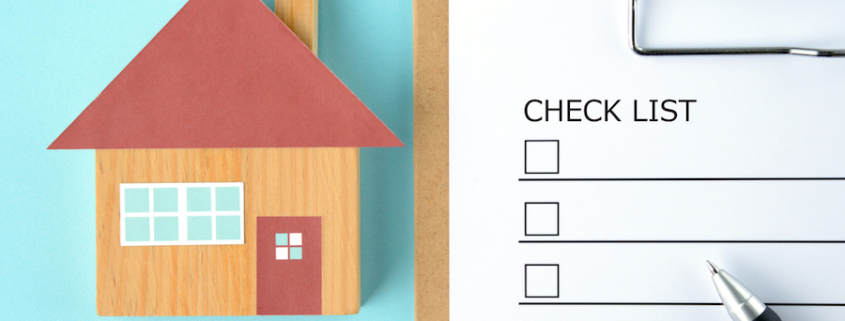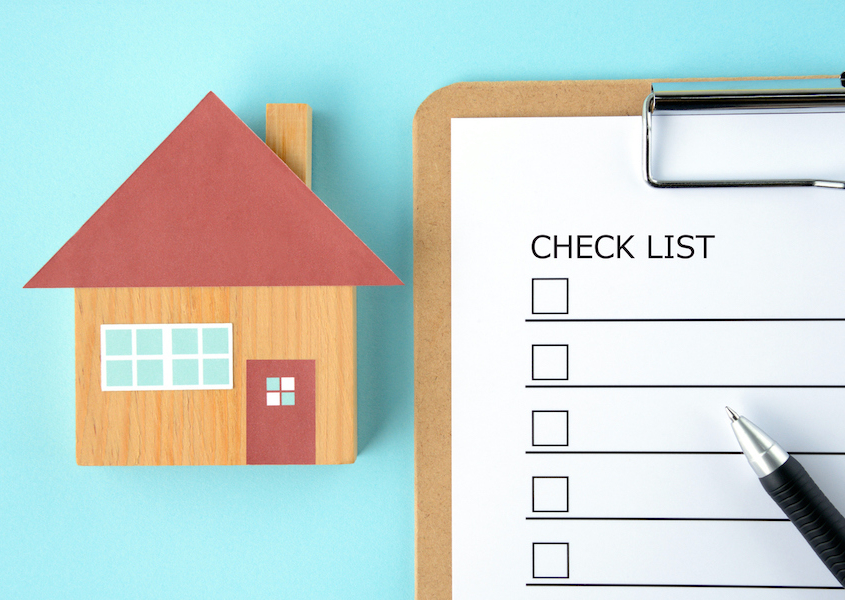Do I Need an Escrow Account for my Mortgage?
When you’re ready to buy a home or refinance a mortgage, an escrow account will inevitably be part of the mix. A purchase escrow account safely holds funds during every real estate transaction. A mortgage escrow account holds funds during the life of the mortgage to cover property taxes and insurance premiums.
Escrow accounts protect buyers, sellers, agents, and lenders. Purchase escrow accounts safely hold necessary funds such as earnest money down, agent commissions, the down payment, fees for inspections and appraisals, seller’s profits, and more. Escrow accounts are also created for homeowners who decide to refinance.
On the other hand, mortgage escrow accounts safely hold funds to cover ongoing property taxes and insurance premiums. Mortgage escrow accounts are helpful because they allocate funds ahead of time and divide the required amounts into a monthly payment. Then it’s rolled into your mortgage payment for convenience. This means your property taxes and insurance premiums are paid automatically by your service provider.
But what if you don’t want to have a mortgage escrow account?
Mortgage Escrow Accounts Explained: Everything You Need to Know
Lenders still require many homeowners to use escrow accounts when they begin a mortgage. But you can opt-out as long as you meet the requirements for your specific loan and meet the criteria for your state.
If you have the option to decide, check out these pros and cons. Even if you’re required to have a mortgage escrow account in the beginning, you might decide to close it out later.
What are the benefits of a mortgage escrow account?
Convenience
Each time you make a mortgage payment, a portion goes directly into your mortgage escrow account. This means you don’t need to plan ahead for property taxes or homeowner’s insurance. Property taxes and homeowner’s insurance payments will be made automatically on your behalf, directly from your escrow account.
Protection
Property taxes and homeowner’s insurance shift over time. If your escrow account doesn’t have enough funds for some reason, your mortgage servicer will typically cover the cost and then adjust your monthly payments to compensate. This is helpful, especially since you don’t want to jeopardize your mortgage by falling behind on property taxes.
Predictability
Since your property taxes and HO insurance are wrapped into your mortgage payment, your monthly payment will be predictable and based on your loan terms. The amount needed is estimated using standard algorithms, so the escrow account is intended to keep your payment stable.
Discount Points
Mortgage lenders will often provide a mortgage discount (0.25%) on your interest rate when you have an escrow account. Reduced closing costs are sometimes another option.
What are the drawbacks of a mortgage escrow account?
Payments are monthly
Your escrow payment is rolled into your mortgage payment, which means you’re paying into your escrow account every month. It’s convenient to have that money tucked away, but not if you’d rather be investing that money elsewhere. Your bank or lender is benefiting from the funds until taxes or insurance are due to be paid.
Investment opportunities might be missed
Depending on the combined amount of your property taxes and homeowner’s insurance, the total amount could be tens of thousands of dollars each year. A homeowner may wish to invest that money elsewhere in short-term investments. Since insurance and property taxes are typically due semi-annually (or annually depending on your state), you might want to invest your money in a short-term CD or other investment.
Large payment at closing
Typically, setting up a mortgage escrow account requires the homebuyer to deposit enough to cover several months of property taxes upfront, plus insurance premiums. These are referred to as “pre-paid” items and can cause a big increase in your closing costs.
Difficult to close it out
Once you have an escrow account, it takes extra work to close it out later. If you have the option now, it’s something to consider so you don’t have to go through the hassle later.
Are mortgage escrow accounts required?
Not always. As mentioned, if you put more than 20% down at closing and your LTV ratio is below 80%, you will most likely have the option to decide. Similarly, if your LTV ratio is above 80%, you’ll most likely need to have a mortgage escrow account.
Notably, some loan programs require an escrow account for the first five years (regardless of the LTV ratio) while other loan programs don’t require them at all (such as VA loans).
The Truth in Lending Act drives most of the rules and regulations for mortgage escrow accounts, specifically the criteria to hold property tax payments and homeowner’s insurance payments in escrow. Find out more here.
How to Close a Mortgage Escrow Account
Typically, once your mortgage balance falls below 80% of your home’s value, you can make a request to close your mortgage escrow account. The general threshold for most loans is an 80% loan-to-value (LTV) ratio, though it can vary from state to state.
Most homebuyers reach the 80% LTV ratio by paying down their mortgage balance. In other instances, the value of your home might increase due to market conditions, pushing your mortgage balance below that 80% LTV threshold. However, in this scenario, a homebuyer would typically refinance which would require a formal appraisal.
A quick note on rules and regulations–talk with your mortgage advisor about the specific criteria in your state. In California, for example, the loan-to-value (LTV) ratio is set at 90% for a minimum threshold. In addition, certain loan types require escrow accounts to stay active for at least five years or until the loan is paid off.
The bottom line: If you have a mortgage escrow account in place and you’d like to close it out, talk with a qualified mortgage broker to discuss your options.
Final Takeaway
Whether you’re refinancing or buying a home, mortgage escrow accounts are designed to provide financial protection for both the homeowner and the lender. Once you understand the pros and cons of an escrow account, you can decide for yourself whether or not it fits with your financial goals.
In general, reaching an 80% LTV ratio gives you more options and even the possibility to close out your escrow account. If your financial situation has changed or improved since you first qualified for your mortgage, consider refinancing.
Every homebuyer has a different financial plan, and you deserve a mortgage that will help you reach financial freedom.
What’s Next
Talk to a mortgage broker to discuss your options. If you’re considering whether or not a mortgage escrow account is the best decision, we can help. We partner with mortgage lenders throughout California, Oregon, Washington, and Colorado. We’d love to customize your mortgage to meet your financial goals. Give us a call to get started.



